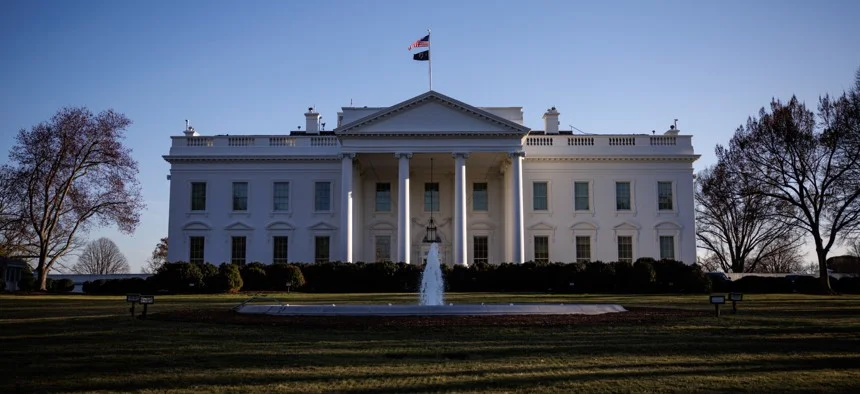
What Does Trump’s Extended Hiring Freeze Mean for Federal Workers?
In a decisive move reflecting his administration's ongoing strategy to streamline federal operations, President Donald Trump has implemented a three-month extension of the hiring freeze affecting civilian employees in the executive branch. The freeze, originally established in January 2025, has now been extended through July 15, 2025, as announced in a memorandum released on Thursday.
This directive continues to ban the filling of any presently vacant federal civilian positions and prohibits the creation of new positions unless specifically exempted. Notably, military personnel and positions related to immigration enforcement, national security, or public safety are excluded from this freeze. The implications of this extension raise significant questions regarding the future of federal employment and operational efficiency within government agencies.

The recent memorandum not only extends the hiring freeze but also reinforces Trump's commitment to reducing the size of the federal workforce. According to sources from the White House, this initiative is a critical part of Trump's promise to "drain the swamp" and enhance efficiency within the government. Additionally, the directive stipulates that in the event the hiring freeze is lifted, federal agencies will only be allowed to hire one employee for every four vacancies created by layoffs.
The continuation of the hiring freeze aligns with the administration's broader objective to cut wasteful spending and improve the efficiency of government operations. By limiting the ability to fill positions and encouraging reallocation of existing personnel, officials are tasked with optimizing resources and enhancing public service delivery.
Opponents of the freeze, however, suggest that such measures can lead to understaffing and potential gaps in public service. Critics argue that an effectively functioning government depends on the ability to attract and retain qualified personnel, and a prolonged hiring freeze could have detrimental effects on agency operations.
While the memorandum also allows for some exemptions through the Office of Personnel Management (OPM), it emphasizes that any efforts to contract work outside of federal agencies to circumvent the freeze are strictly prohibited. The directive is clear: all agencies must focus on maximizing the efficiency of their current workforce.
As this extension takes effect, employees and stakeholders within the federal government will be monitoring its impact closely. Will this hiring freeze truly streamline government operations, or will it hinder much-needed personnel support? The answers remain to be seen, as federal agencies grapple with the implications of the president's latest directive.
What are your thoughts on this hiring freeze? Do you think it will lead to improved efficiency or problematic staffing shortages? We encourage readers to share their opinions in the comments below.